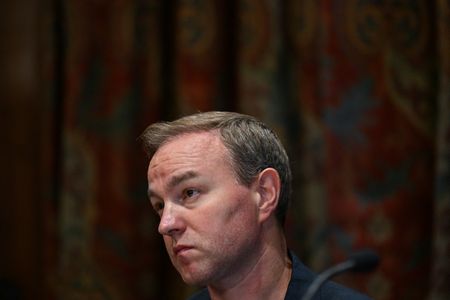By Iain Withers
LONDON (Reuters) -Britain’s National Wealth Fund (NWF) must be allowed to take risks and back projects that ultimately fail, lawmakers said on Tuesday, as the state-owned investor tries to step up backing for local infrastructure and companies to stimulate growth.
The NWF was launched by Britain’s Labour government last year to help spur the economy and unlock private support for projects. But a report by lawmakers on the Treasury Select Committee said the limited scale of available funding could reduce its impact.
Unlike more established wealth funds like Norway’s, which are funded by revenues from natural resources like oil and gas, Britain’s NWF will instead by financed by government debt.
Its initial budget upon launch was for a total capitalisation of 28 billion pounds ($37.6 billion), far below Norway’s $2 trillion wealth fund.
A balance needed to be struck between risk-taking and long-term sustainability for the NWF to work, the lawmakers said, adding that its government financing meant it would likely face increased scrutiny.
Ministers should not be involved in the day-to-day running to avoid investors being put off by fears of political interference, the report added.
“The National Wealth Fund has the potential to make a positive contribution to certain sectors and the economy more widely. But for it to do so, the government must accept and encourage the fund to take risks, even though that might lead to individual projects failing,” said Meg Hillier, chair of the Treasury Select Committee.
“The NWF must be bold and take on riskier investments which open the door for the private sector to get involved,” she added.
($1 = 0.7451 pounds)
(Reporting by Iain Withers, Editing by William Maclean)










